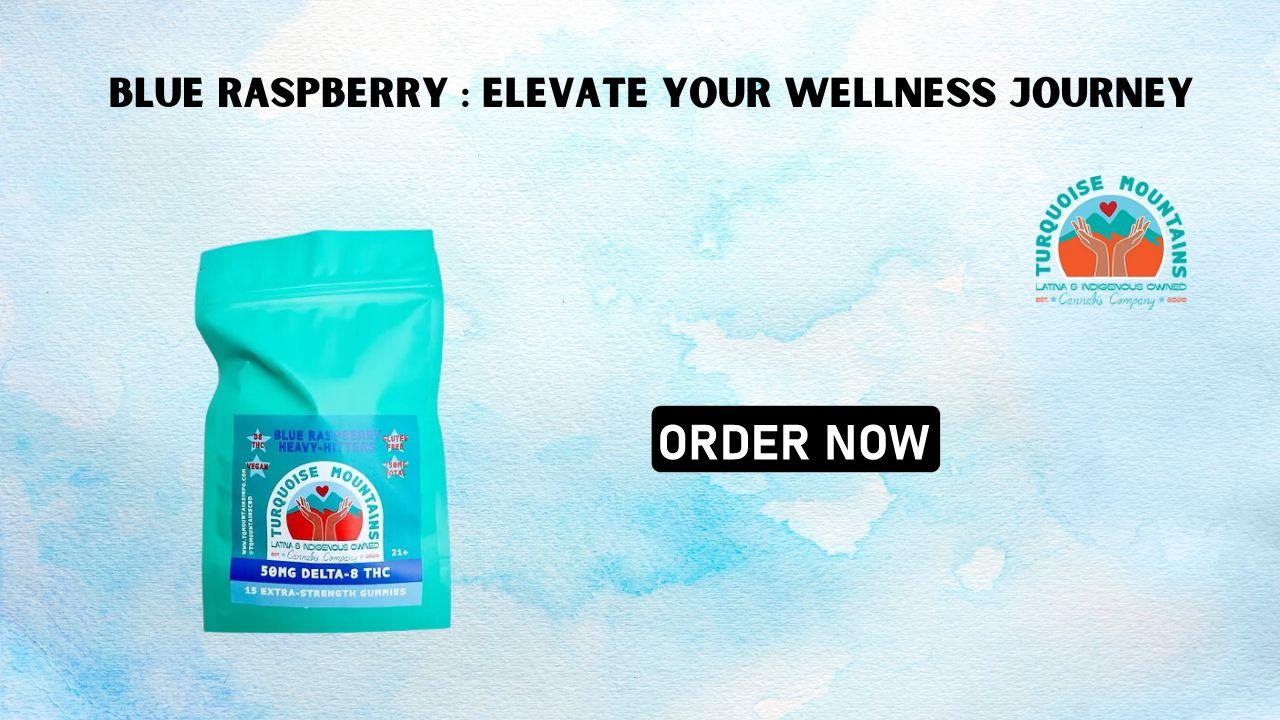7 Hard Water Issues that the Best Hard Water Softener Can Resolve
Hard water is loaded with excess minerals like calcium and magnesium. In long-term usage, it doesn’t just leave behind white marks on appliances, it interferes with daily life in more ways than you might expect. A reliable hard water to soft water converter can solve many of these problems at their root.
If you’re wondering whether to install a water softener or not, here are seven common hard water issues that you might be facing, and the water softener can help eliminate them.
1. Limescale Build-Up in Appliances
Hard water causes mineral deposits, or limescale, to accumulate inside appliances such as washing machines, dishwashers, and geysers. Over time, this build-up reduces their efficiency and lifespan. A quality hard water softener removes these minerals before they enter your appliances, keeping them clean and functioning properly for longer.
2. Dry Skin and Hair
The minerals in hard water strip away natural oils from your skin and hair, leaving both dry, itchy, and dull. Many people notice a significant improvement in their skin texture and hair softness after switching to softened water. By installing the best hard water softener, you create a gentler bathing experience.
3. Soap Scum and Poor Lathering
If your soap doesn’t lather well or leaves behind a sticky residue, hard water is likely the reason. Soaps and detergents react with hard water minerals, making them less effective. Soft water not only enhances lather but also helps rinse away soap completely, making your daily showers more refreshing and cleaning more efficient.
4. Faded, Stiff Laundry
Clothes washed in hard water can be dull and feel stiff. Minerals in the water settle into the fabric, wearing it down faster and reducing the life of your garments. A water softener improves detergent performance and leaves clothes softer, brighter, and more comfortable to wear.
5. White Spots on Utensils and Fixtures
Those stubborn white stains on your glassware, taps, and showerheads are telltale signs of hard water. These calcium deposits can be unsightly and difficult to remove. A hard water to soft water converter eliminates the minerals responsible for these spots, keeping your kitchenware and fixtures shining.
6. Pipe Corrosion and Plumbing Issues
Over time, mineral build-up inside pipes can lead to clogs, reduced water pressure, and even pipe damage. Installing a softener protects your plumbing by preventing the accumulation of scale, saving you from costly repairs and replacements.
7. Increased Energy Bills
When limescale builds up in water heaters or pipelines, appliances have to work harder to heat water, which consumes more energy. Choosing the best hard water softener increases efficiency by preventing scale build-up, helping reduce your household’s energy costs in the long run.
Conclusion
Dealing with hard water doesn’t have to be an ongoing struggle. A powerful hard water to soft water converter like the ones by Aquaguard – Aquaguard Select AWS C-2500 DX or AWS C-3500 DX can transform the quality of your water. These systems offer automatic regeneration, intelligent salt usage, and hassle-free maintenance, making them excellent choices for Indian homes.
By investing in the best hard water softener, you’re not just improving your water—you’re enhancing your lifestyle.



